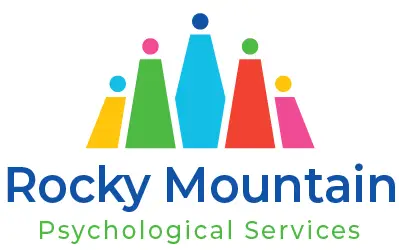FAQs
How long does a capacity assessment take?
Most adult capacity assessments at RMPS are completed within one to two sessions. Each session may last one to two hours, depending on the complexity of the case. Additional time is required for reviewing records, consulting with relevant parties, and preparing the official Alberta capacity assessment form.
Can family members request a Capacity Assessment?
Yes. Family members, legal representatives, or healthcare providers can request a capacity assessment if they have valid concerns about someone’s decision-making ability. Requests should be based on concerns about reasoning, judgment, or memory, not simply disagreements with personal choices.
Does the adult need to agree to the assessment?
In most cases, consent from the adult is required. However, in certain legal or medical situations, such as when there are serious safety concerns, an assessment may proceed without direct consent if authorized under Alberta law.
Is a capacity assessment the same as a competency hearing?
No. A capacity assessment is a clinical process performed by a qualified assessor, while a competency hearing is a formal legal proceeding that may use the assessment results as evidence.
Does RMPS provide capacity assessments outside Calgary?
While our main office is in Calgary, we offer online capacity assessments across Alberta. Please contact us to discuss if this option is a fit for you or the person you are considering for the assessment.
How much does a capacity assessment cost?
Under the regulations, the fee for a capacity assessment is:
- Up to $500 for a guardianship or trusteeship assessment.
- Up to $700 for a combined guardianship and trusteeship assessment.
If covering the cost of a capacity assessment creates a financial hardship, you may contact the Office of the Public Guardian and Trustee (OPGT) to discuss available options.

